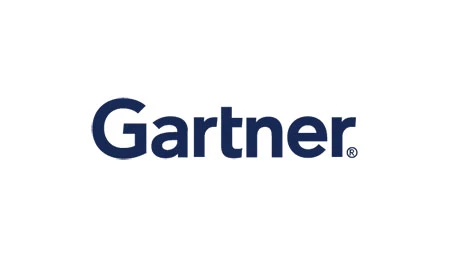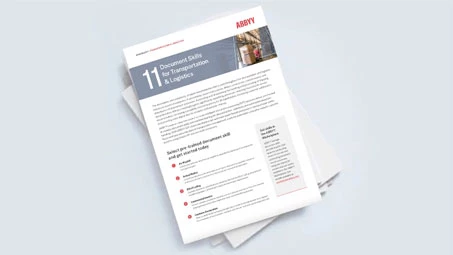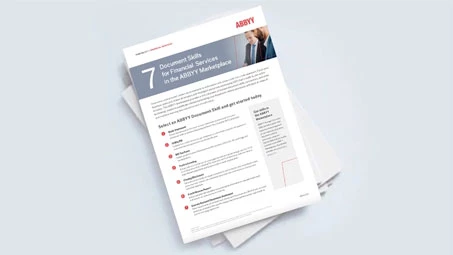
What is Process Mining in Healthcare?
January 27, 2021

Every hospital, health system, and physician is facing increasing pressure to manage revenue, optimize utilization, and reduce costs across their care continuum. Providers are being asked to do more with less amid tremendous complexity. With the proliferation of investments in EHR and other technologies, administrators and clinical teams are being inundated with dashboards and reports. Despite having all the information, they are often forced to make crucial operational decisions without complete insight.
To manage the future of healthcare needs, providers must be able to better manage their business and clinical processes. Determining where and how to employ a quality improvement strategy is complex, but Process Mining can help medical professionals better understand clinical processes.
How is Process Mining used in Healthcare?
Doctors, nurses, technicians and other valued members within a healthcare system carry the heavy responsibility of decision-making that saves countless lives. The pandemic has acutely highlighted the critical need for data to make decisions promptly. Most existing platforms like traditional Business Intelligence tools may allow you to monitor operations and performance but fall short at identifying causes for underperforming processes and are unable to provide predictive analysis.
To get a complete understanding of end-to-end processes, even in a complex industry such as healthcare, process mining technology can provide insights and help to drive efficiency.
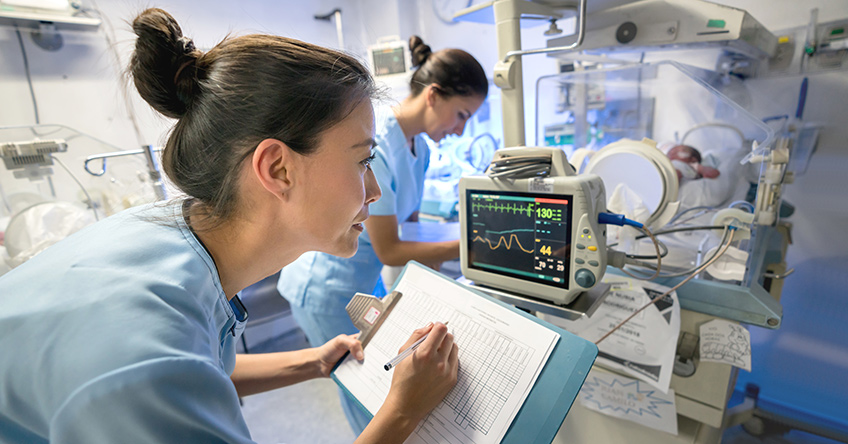
Research for the application of Process Mining in healthcare is transitioning from academic theory to real transformation of your business processes. While this concept may be relatively new, there are reports by leading data scientists into the practical application with real world results.
The Journal of Biomedical Informatics, a review analyzing the current adoption of Process Mining in healthcare by Eric Rojas et al., found that leading the way in the utilization of Process Mining for healthcare is in Europe, with 73% of current research being conducted here. According to a recent survey into the State of Process Mining and RPA in 2020, companies in France lead the way in terms of Process Mining, with 78% of respondents stating they are already using such tools.
So how does Process Mining work?
Process Mining is a technique that captures event logs from any number of systems of record and processes this data, allowing you to discover, monitor, visualize and ultimately improve your processes.
For these event logs it is important that each event refers to a well-defined step in the process (e.g. a lab test) and is related to a particular case (e.g. a patient). Also, additional information such as the performer of the event (i.e. the doctor performing the test), the timestamp of the event, or data elements recorded along with the event (e.g. the age of the patient) may be stored.
Process Mining in Healthcare: Data Challenges when Answering Frequently Posed Questions by Prof. Dr. ir Will Van der Aalst et al.
How many data points are required for Process Mining?
To get started with Process Mining you need 3 elements: Case ID, Activity and a Timestamp. Hospital Information Systems and other IT systems (EHR, ERP, LIMS, etc) store data for all interactions within a patient’s journey. These systems help coordinate care and contain the information needed, so why not get the most value out of the process-related data you already have?
As discussed in Process Mining in Healthcare: Data Challenges when Answering Frequently Posed Questions by Prof. Dr. ir Will Van der Aalst et al., “in a healthcare context, process mining can be used to provide insights into how healthcare processes are really executed.” While you may have an ideal of how processes should be accomplished, the reality is the journey can vary at a variety of points creating many possible scenarios.
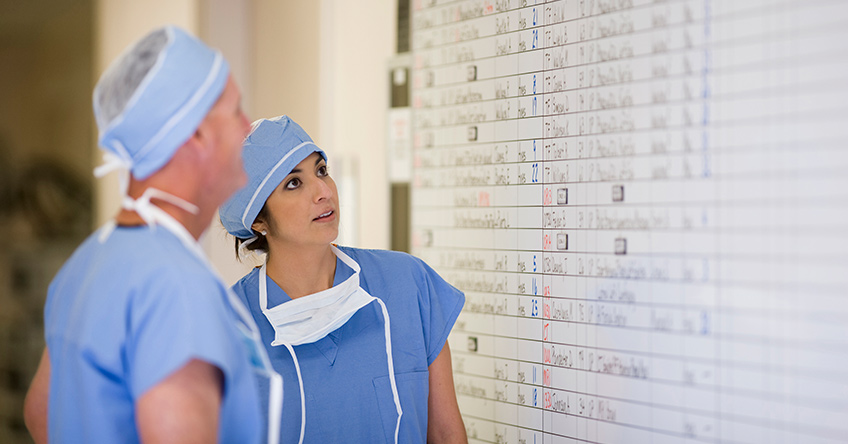
As a healthcare professional, you can use Process Mining to identify the best candidates for process improvement in healthcare, which are often complex and time-sensitive and can take it one step further to improve the patient experience, avoid compliance risks and increase efficiency with Process Intelligence, a next-generation Process Mining solution.
ABBYY’s Process Intelligence platform leverages advanced Process Mining technology, which includes process mapping and understanding, task mining and AI process forecasting capabilities, for process transformation. Click here to learn more.


